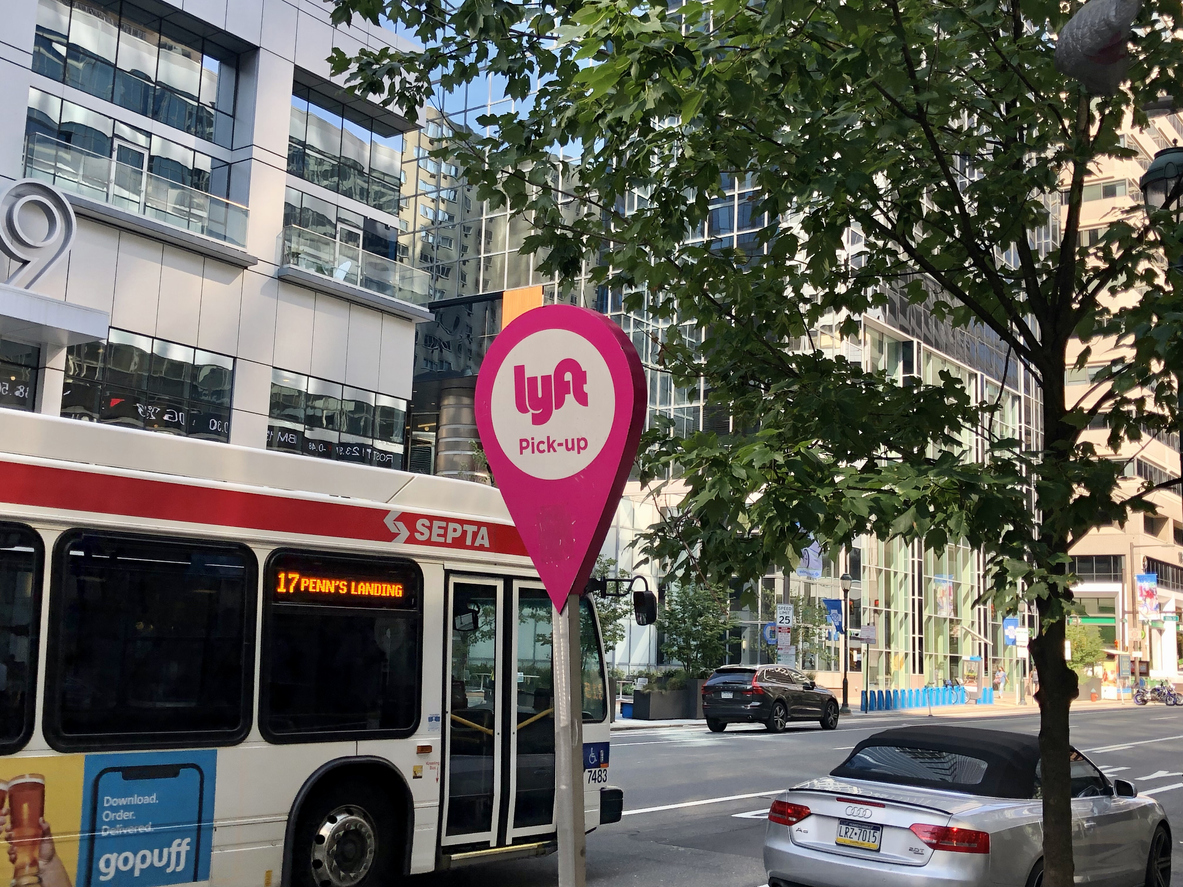Rideshare services such as Uber and Lyft are a great way for folks in New Jersey to get around. Some drive full-time, and others work between jobs. Regardless of why and how much one drives for Uber or Lyft, each service has rules regarding the qualifications of drivers, and those qualifications include having a relatively clean criminal record and driving record. Rideshare drivers who get traffic tickets in New Jersey must do everything possible to avoid having the ticket show up on their license.

What Disqualifies Uber and Lyft Drivers?
Both rideshare companies conduct background checks and pull driving records for all applicants. Drivers will be disqualified from driving for the companies under the following circumstances:
Lyft:
- More than 3 moving violations and/or accident within the past 3 years
- Any major violation, such as reckless driving or driving while suspended, within the past 3 years
- Certain criminal convictions within the past 7 years; this includes crimes involving a vehicle (e.g. leaving the scene of an accident) and many indictable offenses (e.g. aggravated assault)
- Any DUIs within the past 7 years
Uber:
- More than 3 moving violations and/or accident while driving uber within the past 3 years
- Any major violation within the past 3 years, such as those mentioned above
- Any speeding ticket for 20+ mph over the speed limit within the past 3 years
- Certain criminal convictions within the past 7 years
Getting a Traffic Ticket While Driving for Uber/Lyft
Uber and Lyft do not share how often they check drivers’ records. It is also unclear when and how they notify drivers after becoming aware of traffic tickets. Many drivers have claimed to have received emails warning them that any future violations can result in being dropped. However, others have insisted that they received traffic tickets and never heard anything from the company.
It’s possible that an element of luck is involved—perhaps the company re-checked one’s driving record just before a conviction. But no one should wager their income and livelihood on luck. It is far better for a person to fight the traffic ticket to keep it off one’s record entirely.

Need help with your speeding ticket?
Call Now - We've Fought Over 100,000 Traffic Violations
Quick, free, and no obligation.
What Happens if a Traffic Ticket Is Issued on One’s Own Time?
It would be difficult for Uber or Lyft to tell if a ticket was issued while a person was driving for them or on his/her own personal time. In truth, it likely doesn’t even matter. The requirement is simply that a person keeps his/her record as clean as possible. Any moving violation is evidence of potentially risky driving behavior. Rideshare companies will not want to gamble that poor driving habits are limited to when a person is off the clock.
Think about it: An employer isn’t likely going to care if a case of burglary took place during work hours or not. Once a person is convicted, the employer can still choose to terminate the employee over the incident. The employer will see the conviction as evidence of poor character and judgment.
How Should Uber/Lyft Drivers Handle Traffic Tickets?
An Uber or Lyft driver should always consider hiring an attorney to fight a traffic ticket. In many cases, the cost of hiring an attorney is less than the combination of the fine and the increase in insurance premiums one could pay over time.
More importantly, a person would lose a significant source of income if he/she is disqualified from driving for a rideshare company, especially if this is one’s full-time job. Lastly, even if a traffic ticket can’t be beaten, an attorney could potentially negotiate to reduce the ticket to a lesser offense (such as a parking ticket), with little or no risk of disqualification.
Who Should I Contact?
If you or someone you love drives for Uber, Lyft, Via, or Gett/Juno and received a traffic ticket in New Jersey, contact the expert attorneys at Rosenblum Law. Our traffic ticket defense lawyers can help you avoid the points, fines, and other costs associated with a ticket and ensure you are able to continue to earn money as a rideshare driver. Call 888-815-3649 or email Rosenblum Law today for a free consultation about your case.


